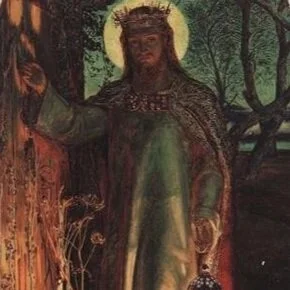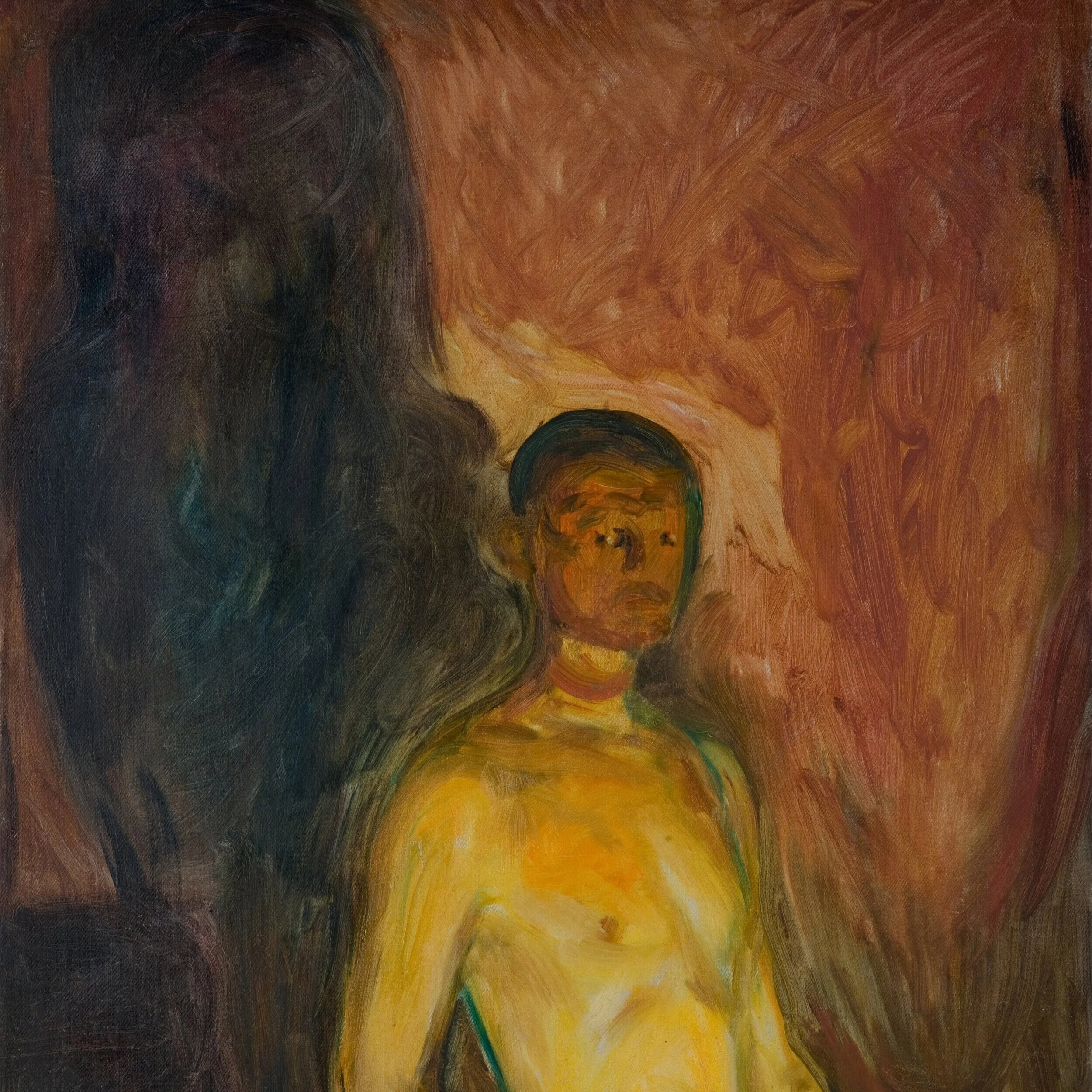A familial response to Laudato Si' in the time of COVID (COVID-19 blog no. 28)
During lockdown, families and individuals were stripped of the relevance of anything apart from the state of their home life, and inner attitudes. Every certainty became uncertain, and placed in lockdown, we had no choice but to sit with our being rather than our doing, and how uncomfortable that made us feel.
Catholic Social Teaching and COVID-19: the economy (COVID-19 blog no. 27)
The basic question is simple: how well did the choices made promote the common good? The answers, however, are complicated and contested, since the common good is far from self-evident. Catholic Social Teaching can help, as it provides five sound, relevant, and quite practical principles of economic justice.
Mary's Meals during the COVID-19 pandemic (COVID-19 blog no. 26)
The suffering, uncertainty and fear caused by COVID-19 around the world seems to have helped many of us understand more deeply the need for God, and created a new heartfelt desire for us to speak with Him on a regular basis. And we have recently seen this manifest itself in many powerful ways within this diverse and global Mary’s Meals family.
COVID-19 and the Society of Catholic Artists (COVID-19 blog no. 25)
COVID, community, and food banks (COVID-19 blog no. 24)
Our conviction is that the experiences of the past months have underscored the centrality of community to the work of food banks, and, indeed, to the wider voluntary sector. And as we anticipate the impending challenge of the economic outlook, rising unemployment, increasing concerns around mental health and wellbeing, we will need to draw on the rich resource of community to enact and advocate for long-term change.
What’s so funny about health and safety? (COVID-19 blog no. 23)
Dignity at work and the rights of the worker are at the heart of Catholic Social Teaching, which stands in total contradiction to the culture of profit-driven indifference to the lives of ordinary people in their places of work. Yet deaths from workplace accidents or diseases remain staggeringly high.
What can the Catholic Church learn from LGBT+ people of faith during the pandemic? (COVID-19 blog no. 22)
Build Back With (COVID-19 blog no. 21)
In the UK there appears to be some level of consensus, at least at the level of rhetoric, that things cannot go back to how they were before. These last four months could turn out to be our ‘teachable moment’ when we have come to the realisation that things cannot continue along the same trajectory.
“Shouldn't this be about the pandemic?”: blurred subject boundaries at the edges of history (COVID-19 blog no. 20)
The profits of scarcity, food banks and COVID-19 (COVID-19 blog no. 19)
The Winding Road to Racial Justice (COVID-19 blog no. 18)
In 2019, prior to the pandemic, the Amazon Synod took place and reinforced CARJ in its understanding of its role. We learned from the final document of the Amazon Synod that “synodality” is the process of Christians walking together in the practice of discernment, in order to read the “signs of the times”.[5] It can take place at various levels – small communities, parishes, dioceses, regions or globally; and it involves listening, dialogue, prayerful discernment and communal decision making.
Prison chaplaincy in the time of COVID-19 (COVID-19 blog no. 18)
Fear. The word and the emotion which has been at the forefront of my mind these past four months. When you leave work one day as part of a prison chaplaincy team made up of twenty two people but by the middle of the next day you are the only one permitted to enter the prison site, deemed as a ‘critical worker’, you know there may be something to be fearful of.
COVID-19: What can Simone Weil teach us?
The failed saviour
Counter-narratives in grassroots movements
This disruption of our daily monotonous routine illuminates what constitutes normalcy and unmasks the power structures that frame the function of everyday life. These powers of exception reveal us to ourselves rather than simply innovate. As a consequence, we are confronted with understanding citizenship from a different perspective in recognizing this power.
Domestic violence: A double pandemic?
The coronavirus is a public health crisis with serious global social implications. Like all emergencies, the virus has not affected everyone in the same manner. The UK government implored its citizens to ‘stay home’ in order to slow the spread of the disease. As a population, we withdrew from the public realm with the intent to save lives and protect our NHS; our homes were marked as places of relative safety. However, for many this was not the case. The restrictions imposed had different repercussions for many and the reality of living under lockdown meant that new dangers were able to flourish.
A spectrum of meanings: Who owns the colours of the rainbow?
Houses adorned with rainbows have become a common sight during lockdown. Usually in the form of children’s drawings stuck in windows, the rainbow has become a symbol of support for the NHS. From streets in Bradford to 10 Downing Street, from school playgrounds to Kensington Palace, the symbol of the rainbow in support of the NHS appears to have been adopted at every level of the political.




















